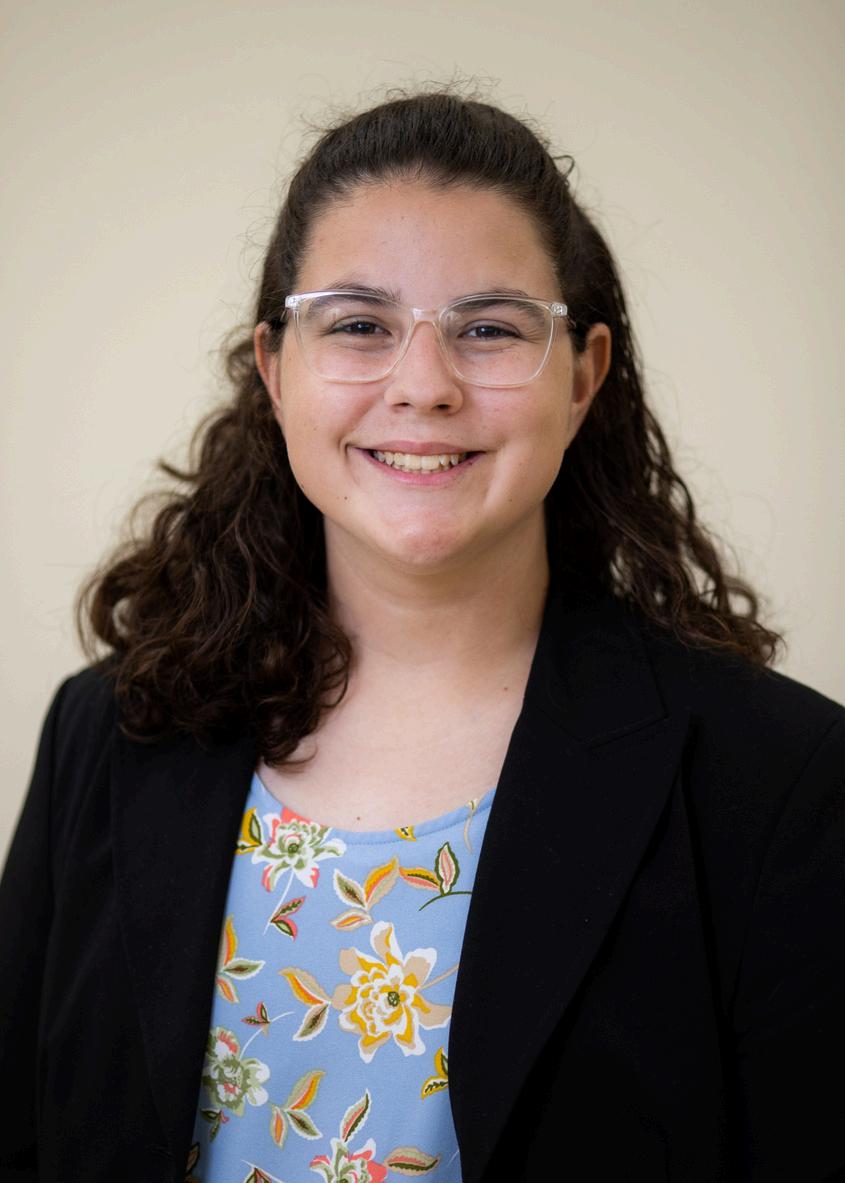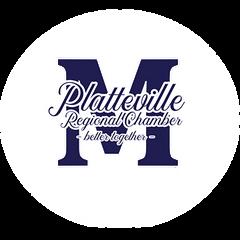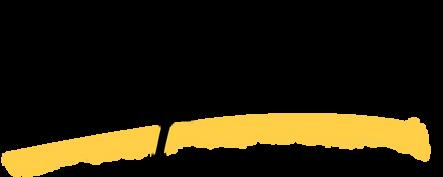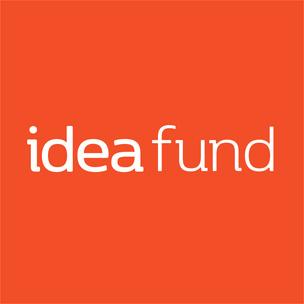
Eureka


Eureka
isn’t a moment. It’s a process.


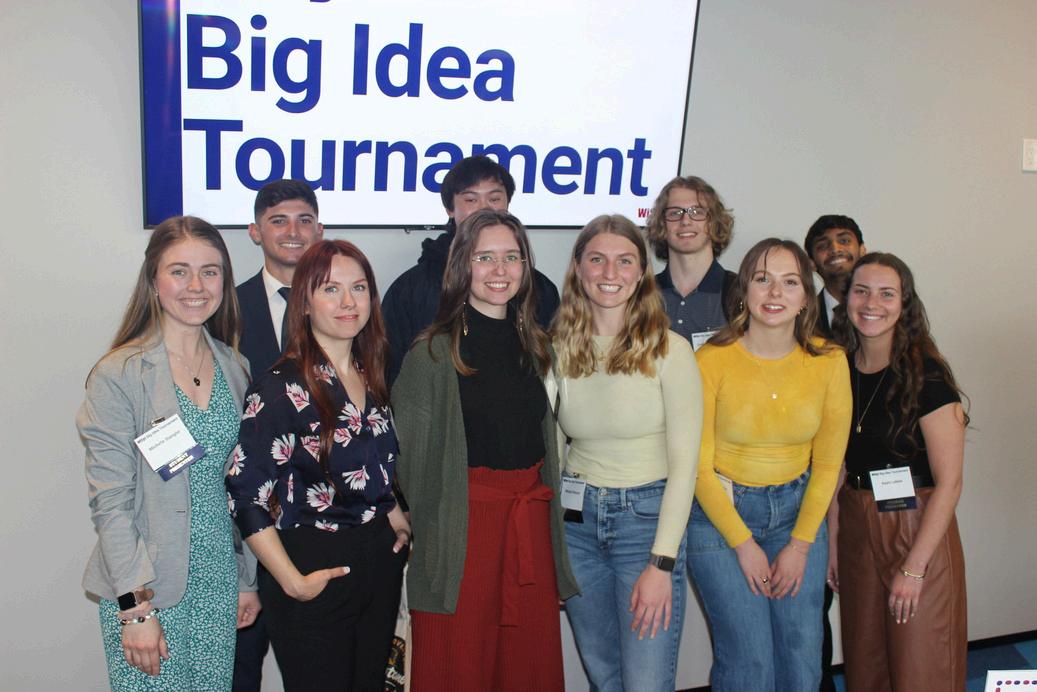
2024 was a busy year for WiSys and our partners. While celebrating our 24th year supporting the faculty, staff, students, and alumni of the Universities of Wisconsin, we continued to live the idea that eureka is not a moment, it’s a process. You’ll read more about our impact and work throughout this annual report, but I have a few that I’d like to highlight for you below.
First, a WiSys-led coalition-Forward Agriculture-was selected as one of 71 teams nationwide to submit a full proposal for a $160 million NSF Engine, a competitive honor given the nearly 300 letters of intent submitted. Our full proposal is due in February 2025 and builds on the NSF Engine Development Award from 2023.
Second, our 2024 ranking in Innovation Impact Productivity among small universities nationwide held steady at #2 and rose to #102 overall (from #128), outperforming many larger "Research I" institutions despite having the lowest research spending number among all universities in the table with $18 million.

Finally, WiSys submitted a $6.2 million proposal to the Economic Development Administration (EDA) to expand the VentureHome network, raising $3.1 million in matching funds from university and community partners. This expansion will grow the network to include 9 locations, strengthening innovation opportunities across Wisconsin.
I want to recognize our partners and collaborators for stepping up this past year and delivering incredible support for all our communities across Wisconsin in the spirit of the Wisconsin Idea. Our success reflects the strength of our collaborations. Thanks to all our partners—new and long-standing—for your continued support. Together, we are building a nationally recognized innovation ecosystem.
Sincerely, Arjun
A collaborative culture of innovation among the Universities of Wisconsin exists to solve major challenges, contribute to a creative workforce, and add value to Wisconsin’s economy and beyond.
Supporting Universities of Wisconsin faculty, staff, students, and alumni to innovate for impact.

2024 Highlights
Pages 4-5
Cultivating & Supporting Innova
Pages 6-11
Stimulating Innovation to Impac
Pages 12-18

Building & Maintaining a Sustainable Innovation Ecosystem
Pages 19-24
Appendix
Pages 25-27











People
Cultivating and supporting innovators
Ideas
Stimulating innovation to impact
Ecosystem
Building and maintaining a sustainable innovation ecosystem
2024 Year at a Glance
1,347 Innovators engaged
60 External partnerships leveraged by WiSys
302 Ideas supported
$927,107 Grants awarded to Universities of Wisconsin

At the annual WiSys SPARK Symposium, held at UW-Superior in July 2024, Governor Tony Evers stopped by to make a surprise announement.
The governor took to the stage and addressed the attendees. In his remarks, Evers said “whether it’s advancements in agriculture, health care, science & technology, or manufacturing, Wisconsin is leading the way. “ He announced a commitment of $15 million for the Forward Agriculture Initiative in his next biennial budget to help compete for the $160 million NSF Engine Award. This $15 million matches the federal commitments made for the first two years of the grant, if awarded.
After receiving $1 million for an Engine Development award from the National Science Foundation (NSF) in May 2023, WiSys began to regularly hold meetings and visioning sessions with agricultural leaders from across the state to learn more about the sector’s needs.
Over the course of the year, WiSys engaged over 300 participants from across Wisconsin. This included a visioning session in December 2023, attended by over 40 leaders from the public, private, and government sectors. The workshop focused on what could happen through 2035 (the length of the grant), the potential impacts of the grant on different areas of life and how those could be measured, and the governance of the grant.

Faculty, staff, students, and alumni need encouragement, resources, space, and time to unlock their innovation potential. This is accomplished through identifying, engaging, and guiding innovators, stimulating collaborative innovation, and providing innovators financial support and connections to other resources. The pillar includes innovation awards, invention disclosures, events, and research development.
Team members: Yihong Deng, Anna Euerle, Ashley Gruman, Rafael Larosiliere, and Katherine Petersen
Dr. Grace Lewis, an assistant professor at UW-River Falls, and her undergraduate research team were awarded the Innovators of the Year award for their high-impact research in the dairy field. In July 2023, the team took first place at the Dairy Management Inc. New Product Competition for developing RootCurd, a ginger-coagulated product made up of 89% dairy and based on an ancient Chinese recipe. WiSys has been helping the team pursue patent protection, and a provisional patent has been filed. “I truly believe this research has the potential to make an impact on the dairy industry,” Dr. Lewis said. “I am so motivated to continue these high-impact projects ”


Jayden Trocke, a spring 2024 electrical engineering graduate from UW-Platteville, was named an Innovator of the Year for his invention, the electronic personal conductor. The goal of the device is to make music lessons more accessible and done on one’s own schedule. The device will show proper hand placement, key placement, or key presses to help with sight reading music. Trocke also received first place at the WiSys Prototype Hackathon in November 2023, and patent protection is being pursued by WiSys.

Keith Baxter is a patent attorney with Boyle Fredrickson in Milwaukee and has worked with WiSys since shortly after its founding in 2000. Baxter has drafted and prosecuted nearly 300 patent applications for WiSys while providing guidance and education to inventors and Universities of Wisconsin faculty and staff.
Jim Caesar is a fixture in the Superior community and has been the executive director of the Development Association since 2015. His leadership has been integral to the success of entrepreneurs and startups in the community, and an important part of launching WiSys VentureHome-Superior at the Superior Entrepreneurship Center, a hub for entrepreneurship.


Michael Carney, Interim Provost and Vice Chancellor for Academic Affairs at UW-Eau Claire, has been at the school since 2000 and been a champion of innovation and collaboration during this time. He facilitates the creation of the UWEC-Mayo Clinic-WiSys Biomedical Innovation Grant, and helped the university bring in nearly $10 million through state and federal grants.
Kathryn Guimond, Director of the Center of Continuing Education at UW-Superior, is the university partner for WiSys VentureHomeSuperior. Guimond spearheaded the efforts with the institution to collaborate with the community partners and bring a location to the city and has been instrumental in engaging the university for experts and speakers for the Level Up! Pre-seed Accelerator, a program for local entrepreneurs.


Gottwald, Lisa Murray, Jessica Silvaggi, Jennifer Souter, and Kevin Walters
The group was created in 2019 with the vision to build a more innovative and prosperous Wisconsin by 2048 After identifying agriculture & technology, clean technology, and water quality were identified as areas of focus, the group inspired WiSys to apply for the NSF Regional Innovation Engine program. WiSys received the $1 million award in May 2023, and will apply for additional funding.
In FY24, WiSys received 60 disclosures from across the Universities of Wisconsin. Submitting a disclosure is the first step in a significant and important process that could lead to the protection, broad dissemination, and commercialization of innovations created by UW faculty, staff, students, and alumni.
The submission of 60 disclosures returns our campuses to the level of engagement we were at before enduring the effects of the pandemic. It is evident that the drive for research and discovery is thriving across the Universities of Wisconsin, and WiSys is excited to continue supporting ideas that lead to opportunity and impact.

Innovation across Wisconsin was highlighted at the 2024 WiSys SPARK Symposium 160 faculty, staff, students, and community members were in attendance to see faculty research talks, student research presentations, award ceremonies, and the WiSys Quick Pitch State Final.
Nearly 60 posters and projects were featured in the Student Poster and Innovation Showcase, where over $3,000 in prizes were awarded to students from across the Universities of Wisconsin.
Additionally, a panel discussion on the Forward Agricultural Initiative was held and featured project contributors, who spoke about the great impact this funding could have for the state now and in the future.
The WiSys Big Idea Tournament took place in April and was hosted by the Idea Fund of La Crosse. The competition is open to undergraduate and graduate students and allows them to compete at a state level for a chance to win seed funding for their idea. Eight student teams from seven Universities of Wisconsin schools participated in the event.
UW-Whitewater senior Dylan Caruso earned first place and $2,500 in seed funding for his business, Rod Shell Caruso came up with the idea after stepping on breaking his father’s $300 fishing rod UW La Crosse’s Nainil Jariwala earned second place and $1,500 for Arya’s, while Michelle Stengler from UW-River Falls earned third place and $750 for Positivity in Ag. UW-Milwaukee’s Kayla Lokker won the People’s Choice Award and $250 for Easy Wear Jewelry.

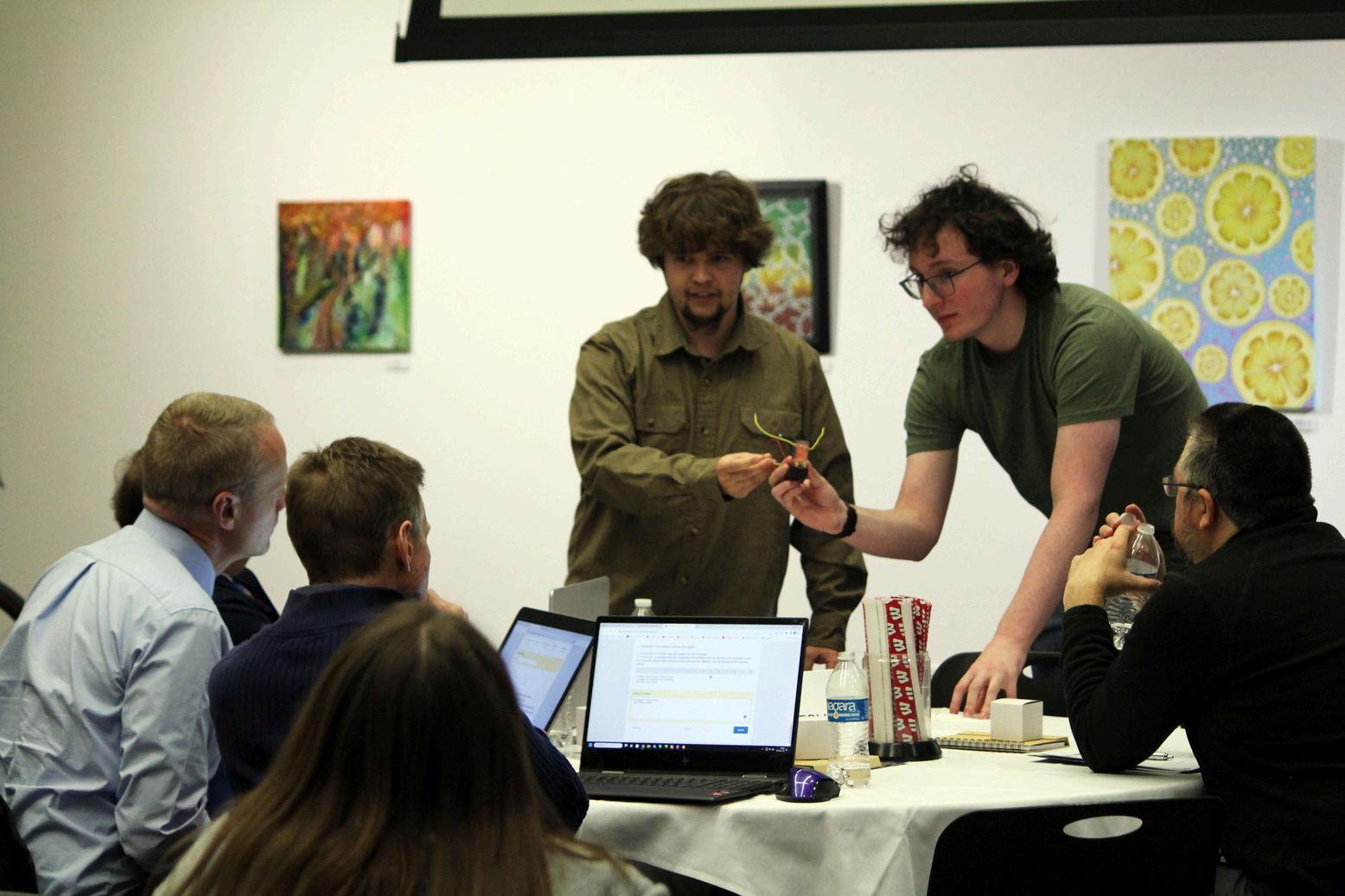
Innovation On-Ramp is a 5-week course that gives students the opportunity to learn innovation skills and advance their ideas, regardless of their field of study. Last fall, WiSys Innovation On-Ramp was held at four campuses: Eau Claire, Green Bay, Platteville, and Stout.
150 students participated in the course, and 65 earned “Innovative Thinking” badges, which provide students with a resume boost. After coursework was completed, UW-Green Bay hosted its Innovation Showcase, which gave participants a chance to compete for cash prizes and share their ideas. UW-Platteville hosted its Prototype Hackathon, where students presented their prototypes and ideas.
WiSys Quick Pitch is a researchcommunication competition where participants have three minutes to effectively present their findings to a general audience. Students are welcome to present research from any discipline. Each campus holds its own competition during the spring semester, and winners are invited to compete in the WiSys Quick Pitch State Final, which is held during the SPARK Symposium.
UW-Platteville student Max Konop, right, won his campus competition in April He later competed in and won the Quick Pitch State Final, where he presented his research on the fabrication of micro-scale pyramidal channels for 3D printing advanced structures.

Each year, WiSys hosts regular webinars open to all Universities of Wisconsin faculty and staff to guide them in their funding journeys. The webinars help participants cultivate grant writing skills, connect with our experts, and create new funding opportunities for their work. The webinars are open to individuals in all academic disciplines in order to help them pursue external funding for research and scholarship.
Throughout the year, we hosted 13 webinars and over 170 individuals attended them live, with nearly 50 watching them later on-demand. All 13 Universities of Wisconsin campuses were in attendance throughout the year.
WiSys partners with the Council on Undergraduate Research (CUR) annually to host a Proposal Writing Institute during the summer. The multi-day institute brings together faculty and staff interested in preparing and drafting proposals for submission to external funding agencies. The goal of the intensive workshop is for attendees to leave with a nearly completed and competitive proposal. In July 2024, 9 participants from 6 Universities of Wisconsin schools attended the 4-day institute at UW-River Falls.
Every school year, our research development team hosts a Grant Writing Academy one semester. The structured program covers all aspects of grant writing throughout 4-6 virtual sessions and is open to faculty in all areas of study. The academy helps grant seekers create manageable tasks and reasonable deadlines while they develop their fundable ideas. In 2024, 26 faculty members from 6 different Universities of Wisconsin campuses participated, and as of the end of the fiscal year, 5 had submitted proposals for their research.
Innovations need development, protection, talent, and capital to become impactful products, services, and businesses. This is accomplished by stimulating innovation-based entrepreneurship, growing research capacity, and engaging industry partners in “use-inspired” collaborative research. The second pillar includes WiSys grants, IP & commercialization steps, start-ups supported, and proposal development.
WiSys supports the 11 regional campuses of the Universities of Wisconsin. We accomplish this through our grants programs, on-campus support for faculty and staff, patent protection and legal support, competitions for students to showcase their learning and innovation, and more. Last year, we distributed $927,107 in faculty grants.
Seven years after earning his associate’s degree, Devin Sobottka decided to return to UW-Eau Claire and pursue a chemistry degree. His research and hard work helped him earn the prestigious Barry Goldwater Scholarship. Sobottka was one of just six students from the Universities of Wisconsin to receive the $7,500 scholarship, which is awarded to students studying natural sciences, mathematics, and engineering.
Sobottka is focused in biocatalysis, and his work is aiding research that is being submitted for peer review. He plans to pursue a Ph.D. in chemistry after graduation.

After receiving a $10,000 from the Freshwater Collaborative in 2020, UWGB Assistant Professor Michael Holly was able to hire an undergraduate researcher and enhance the school’s environmental science courses. Many students have been able to contribute to the research, present their finding to large audiences, and gain valuable experience.
After 3 years of testing and research in the counties surrounding UWGB, Holly and his colleagues received a $750,000 grant from the U.S. Department of Agriculture. The goal of the grant is to reduce harmful algae blooms in the Great Lakes by developing cost-effective ways to remove phosphorous from runoff


Casey Christ, a 2023 graduate, took a Communication and Civic Engagement course during her undergraduate studies. In the course, students are required to identify a problem and possible solutions to complete a civic engagement project.
Christ learned about rock salt and its environmental impact on waterways and aquatic life. After conducting research, she learned that brine is an effective and sustainable substitute for rock salt. She presented her findings to community stakeholders, including UWL leadership, and the following spring, UWL purchased new brine equipment to use across campus.

In early 2024, UW Oshkosh received the Beckman Scholars Award, which awarded them $156,000 to support 6 scholar-mentor pairs studying life sciences and chemistry. UW Oshkosh was one of only 14 schools across the country to receive the award, and the only Universities of Wisconsin institution.
The mission of the Beckman Foundation is to “support young scientists today for tomorrow’s breakthrough discoveries.” It provides additional opportunities to undergraduate students to continue and enhance their research throughout the year.
UW-Parkside’s community garden received recognition and a boost through a $75,000 grant from the Fund for Lake Michigan. The fund works to “drive initiatives in stormwater management, biodiversity, and climate adaptation within the framework of community agriculture.”
Because of the grant, the school was able to create paid internships for UW-Parkside students The school was also able enhance the garden and increase its efficiency. The upgrades include a rainwater collection system and a pollinator garden that will aid the entire campus.

In the spring semester, the Collegiate Soils Team competed in two national contests.
The “A” team traveled to Iowa State University to compete in the National Collegiate Soils Contest and was one of 25 schools participating. The team placed third overall, and all students made the top 10 in individual competition.
The “B” team participated in the National Association of College Teachers in Agriculture soils contest at the University of Idaho. Out of the nine institutions that competed, UWPlatteville placed third overall in the team competition.


The UW-River Falls Sustainability Office has strived to improve its sustainability impact on campus and the city. Their efforts were recognized, and they achieved a STARS Gold rating, their highest rating to date Their previous rating in 2021 was Silver, so this shows the steps the school is taking to make a positive impact in the present and future.
Sustainability has become one of UWRF’s core values It has been incorporated into many aspects of campus life, including the curriculum. The school is also now a designated Bee Campus and Fair Trade Campus.

The Coding Club earned first place on the experienced and novice levels at the Consortium for Computing Sciences in Colleges Midwestern Conference. The club works as a nonprofit and helps students studying computer science while also aiding faculty with resources and applications of computer technology.
“We try to motivate our students to go beyond the classroom,” said Professor Saleh Alnaeli “Joining Coding Club and participating in competitions like CCSC are great opportunities to be involved and build leadership skills.”
The opportunities for chemistry students at UW-Stevens Point have grown over recent years, thanks in no small part to Professor Nate Bowling. In 2023, he received $380,000 from the NSF to continue funding their research on campus. Bowling’s students have been focusing on electron transfer and studying new properties of molecules. Over 80 students have participated in the research since 2013, and the new grant means that more students will receive stipends and new lab materials. The researchers will also be able to attend more conferences on the national level and present their research.

In December, UW-Superior students earned first place in the Operations and Supply Chain Student Case Competition.
The students, each of whom were enrolled in supply chain management class, received some information in advance, but had just five hours at the competition to find a solution to the presented problem. They reviewed data, created a solution, and presented it to the judging panel. “The judges noted that our students’ solutions closely aligned with real-world scenarios,” said Professor Mei Cao. “This affirms the quality of our program and reinforces our confidence that we are imparting the right set of skills and knowledge to prepare our students.”


Nick Barmore, a chemistry major, was always interested in space growing up. This past year, he received a $4,000 grant from NASA and the Wisconsin Space Grant Consortium (WSGC) to help him pursue his space-related studies. His project studies nanostructured zinc oxide gas sensors, with the goal to make them easily producible and inexpensive.
Dr. Steven Girard, Barmore’s faculty advisor, discusses how UW-Whitewater helps students succeed: “Because of our smaller class sizes and a more direct faculty-to-student mentorship, we have the opportunity to really impart those skills with our students.”
Throughout each school year, WiSys offers three different grants: Spark, Ignite, and Launch. Spark Grants are small grants up to $10,000 meant to complete short-term projects, and in 2024 we awarded nearly $150,000 to schools for these projects. Ignite Grants, meant to further economic development across the state and meant to be completed over the course of a year, had over $500,000 distributed throughout the year. Finally, Launch Grants are meant to provide additional support to technologies that are in the WiSys Intellectual Property portfolio Nearly $200,000 was awarded during the last fiscal year

A collaborative ecosystem needs reliable and accessible support for innovation. This is accomplished by ensuring ongoing alignment with UW regional campuses, harnessing value from innovators in the WiSys portfolio, coordinating multi-stakeholder efforts in areas of strength of the regional campuses, and seeking state and federal support for complimentary programs. The third pillar includes cross-sector collaborations & partnerships, building capacity for innovation, and supporting the ecosystem through external funding.
With locations in Eau Claire, Green Bay, Oshkosh, Platteville, and Superior, VentureHome is helping entrepreneurs across the state by combining statewide resources with local initiatives to provide entrepreneurs to a full menu of startup services. These services include business development, intellectual property assistance, seed funding, and access to research and technologies coming out of the Universities of Wisconsin. Services such as these allow our entrepreneurs to stay in Wisconsin and grow their businesses here with the support they need to succeed.
In February, WiSys opened its fifth VentureHome location in Wisconsin. Located at 210 N. Main Street in the heart of downtown Oshkosh, it shares its home with founding partner the Venture Project and is easily accessible for students attending the University of Wisconsin Oshkosh, the location’s other founding partner.
“Projects like VentureHome promote entrepreneurial vision,” said UWO Chancellor Andrew Leavitt. Our area is the second biggest economic leader in Wiconsin. It’s incredible powerful that we have a strong university, a great region, and powerful partners that can help ”

New this year, Level Up! Launchpad helped 17 founders in Green Bay, Oshkosh, Eau Claire, and Superior connect the dots and understand the process and what it will take to bring their product or service to market. The 4-session program serves as a funnel to the Pre-seed Accelerator, and four Launchpad participants participated in the Accelerator that winter.
The Oshkosh, Eau Claire, and Superior VentureHome locations each hosted a cohort for this year’s Level Up! Pre-seed Accelerator. This program helps founders take their scalable business or idea to the next level. Beginning in January and concluding in June with a pitch, 21 founders participated and learned how to address foundational aspects of a startup This was accomplished through educational workshops, accomplishing tangible milestones, and personalized goal setting aimed at gaining tangible traction in the market.
WiSys has applied for the EDA’s Build-to-Scale Grant, a 5-year grant that would be utilized to scale the VentureHome network throughout Wisconsin. The goal with this grant is to inspire entrepreneurs, support our local communities, and grow an inclusive ecosystem, reaching additional areas of the state.
If WiSys is awarded the grant, the pledged funds, which total over $3.1 million, would be matched 1:1 from the EDA. The pledged funds include a $1 million commitment from WEDC, over $100,000 from each of the six participating communities (including 3 new locations-La Crosse, Whitewater, and Menomonie), $515,723 from statewide partners, and $500,000 in in-kind and cash from WiSys.









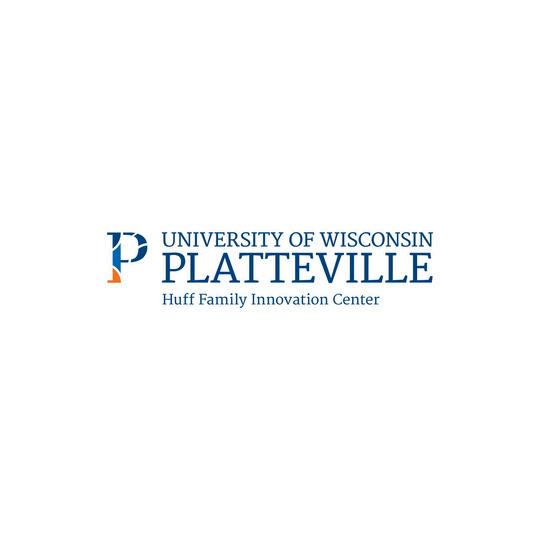
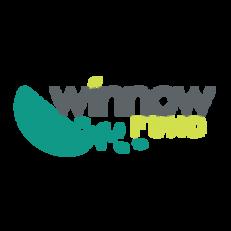










After submitting the preliminary proposal in early August with 293 other groups, WiSys was one of 71 groups invited to submit a full proposal. Our proposal, due in February 2025, is the largest place-based investment in the history of the NSF. An additional $5 million in funding on top of the initial $1 million award has already been leveraged, and we are grateful for the opportunity to showcase Wisconsin’s strengths in innovation and agriculture.




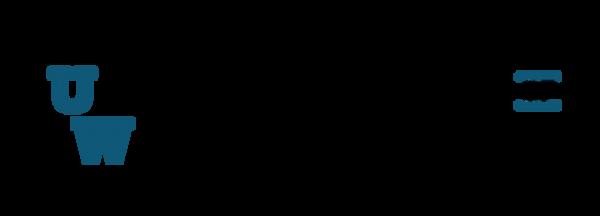

































Arjun Sanga President

Adhira Sunkara Director of Strategy and Innovative Ventures

Carla Molloy Manager of Research Development
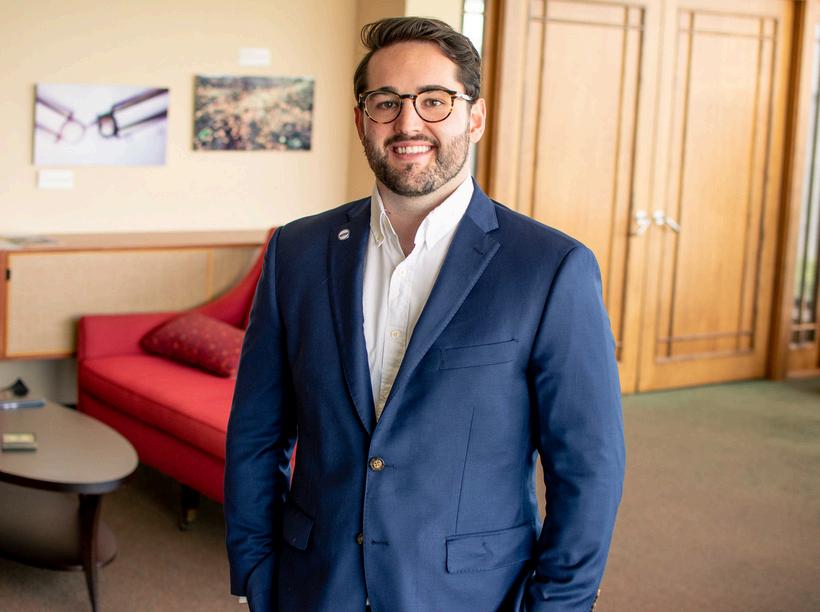
Tony Hanson Manager of Intellectual Property and Licensing

Fay Innovative Ventures Associate


Huppert Sponsor and Partnership Associate

Mike Cenci Intellectual Property and Contracts Associate

Allee Marti Regional Intellectual Property and Licensing Associate
Alicia Schiff Senior Executive Assistant

DeBaker Regional Intellectual Property and Licensing Associate

Olson Grants Coordinator

Elizabeth Krenzelok Marketing and Communications Associate


Vickie Eiden Special Projects Coordinator
Uehling Administrative Coordinator
















